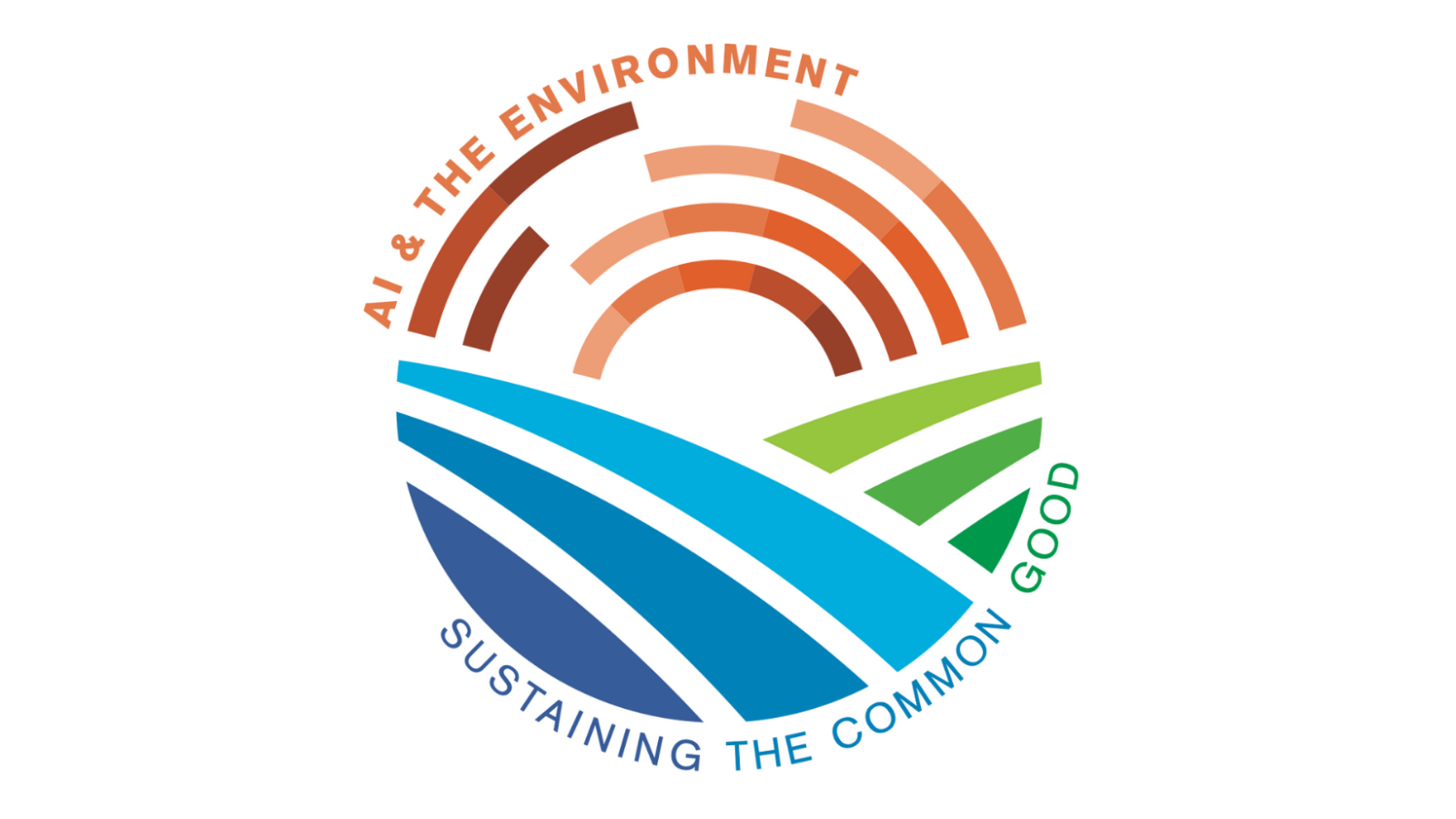|
Jim Sterba, professor of philosophy at University of Notre Dame, gave this presentation at a panel on Global Ethical Leadership, May 6, 2004. He is the author of Justice for Here and Now, Social and Political Philosophy: Contemporary Perspectives, and The Triumph of Practice over Theory in Ethics. It should be impossible for anyone of us to see the world we live in as anything other than a very unjust world. In the first place, almost a billion people in our world live in conditions of absolute poverty. If these people or their representatives should show up at our doorstep, assuming that we have more than enough resources for a decent life, how could we justifiably refuse them? We could tell them that we worked hard for what we have. But the deserving poor could respond that they worked hard too and it has not secured for them enough for a decent life. In such circumstances how can we legitimately defend a right to resources more than enough for a decent life? Assuming that we cannot defend such a right, this would mean that no one can claim entitlement to more than the resources required for a decent life in the face of the legitimate demands of the poor around the world. Something analogous also holds for future generations as it does for existing generations. How can we justify using up resources to meet our luxury needs when those same resources are required to meet the basic needs of future generations? If we use more than enough nonrenewable resources that are needed for a decent life, should we not expect that our use of those resources will deprive future generations of the resources they will need to have a decent life? If so, does this not show that we have no justification for acting in this way? There is even a gross pattern of injustice with respect to our relations with nonhuman nature. What justification do we have for dominating nonhuman living beings? Is it not totally unjust for us to aggress against their basic needs simply to meet our luxury needs? Of course, we are the moral agents, but this feature of ourselves cannot be seen as justifying our use of aggression against the basic needs of nonhuman nature simply to meet our own luxury needs. The only justification we could give for so acting is to claim that might makes right, but we know that that is not a moral justification at all. This means that we must learn to tread gently and minimally on the earth if we are to live justly. This will require significant sacrifice on our part, to reduce the destructive impact we are having on other species from the way we live our lives. In the U.S. particular patterns of injustice can also be found in the relations between racial groups. For example, there is the legacy of slavery and the holocaust against American Indians for which we in the U.S. have yet to meaningfully compensate. The fact that we are not focused on these injustices does not diminish their importance. And now we have a blatantly unjust war that we are waging against the people of Iraq. Faced with all of these injustices it is very difficult to even live a moral life, yet alone exercise moral leadership. The problem is how can we live our lives without, at least, benefiting from these injustices, past and present, how can we live our lives so as to be part of the solution and not part of the problem. This is a very difficult question to answer. The unjust world in which we live tends to reward those who cooperate with it, rather than those who oppose it. This makes it difficult to be a success (as the world sees success) and still be just. This has led many to adopt strategies of partial justice. They oppose some injustices but not others. This is what many of our so-called moral leaders do. But if we oppose some injustices while benefiting from and never challenging other injustices, how just can we be? Justice surely requires that we oppose the most significant injustices that relate to us, especially those from which we benefit. And this, I have argued, is a very difficult to do in the unjust world in which we live. It is especially difficult for anyone who aspires to be a moral leader in our unjust world. To be a moral leader one needs a following. But it is very difficult to have a following if the path one is recommending is one that is very difficult to follow. This is why most of the world's would-be moral leaders try to make it easier for us. They do not offer a full program for avoiding injustice. They try to make us feel satisfied if we succeed at ridding the world of just one or another unjust practice. But neither we, nor our moral leaders, should be satisfied with partial justice. Justice demands a complete agenda for ridding the world of all important injustices that relate to us, particularly those from which we benefit. And difficult though it is a real moral leader will hold us to such an agenda even when it is necessary to focus now and then on particular injustices, like stopping the war against Iraq. Neither we nor those who would lead us must lose sight of our multi-faceted agenda if our goal is to rid society of the significant injustices that plague it. This is why true moral leadership in the unjust world in which we live is as important to society as it is rare. |
Jim Sterba
May 6, 2004
--



